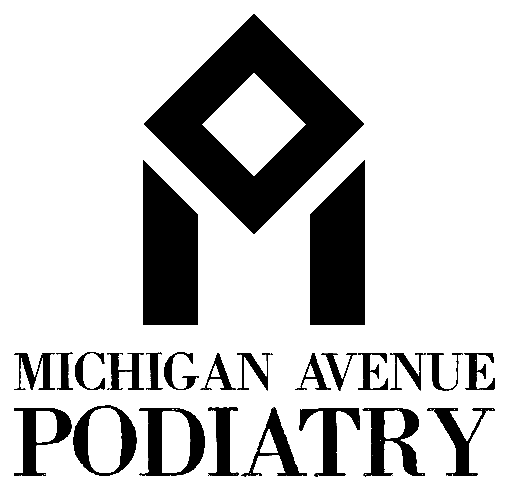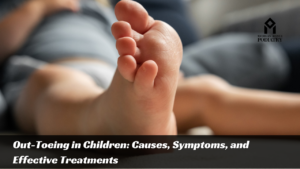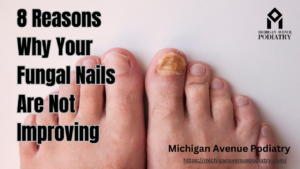Many people experience foot pain or discomfort at some point in their lives, often without realizing that orthotics could provide relief. Understanding the signs that indicate the need for orthotics can help you take proactive steps towards better foot health. This guide will explore common signs that suggest you might need orthotics and offer solutions to help you make an informed decision.
What Are Orthotics?
Orthotics are custom-made or over-the-counter inserts designed to support and align the foot and ankle. They can alleviate pain, improve posture, and enhance overall mobility. Common types include arch supports, heel cups, and full-length insoles, tailored to address specific foot issues.
Signs You Might Need Orthotics
- Persistent Foot Pain
Description:
If you regularly experience foot pain—especially in the arch, heel, or ball of the foot—it could indicate a need for orthotics. Conditions like plantar fasciitis and flat feet often require additional support.
Solution:
Consult with a podiatrist to evaluate your foot structure and pain. They may recommend orthotics to provide necessary support and alleviate discomfort. - Heel Pain
Description:
Heel pain can be a sign of conditions like plantar fasciitis or heel spurs. If you feel sharp pain when getting out of bed or after sitting for long periods, orthotics may help.
Solution:
Seek advice from a foot specialist who can assess your condition and prescribe custom orthotics to cushion and support your heel. - Frequent Fatigue or Discomfort in Feet and Legs
Description:
If your feet or legs tire easily or feel discomfort after standing or walking, it might indicate improper foot alignment. Orthotics can help distribute weight evenly and reduce fatigue.
Solution:
Consider getting evaluated for orthotics that fit your specific needs, allowing for more comfortable and supportive footwear. - Changes in Your Gait
Description:
If you notice an uneven gait or if you frequently trip, stumble, or experience instability, it may be due to improper foot mechanics. Orthotics can correct alignment issues and improve stability.
Solution:
A podiatrist can conduct a gait analysis and recommend orthotics designed to address any discrepancies. - Sore or Painful Joints
Description:
Foot problems can lead to pain in the knees, hips, and lower back. If you experience discomfort in these areas, it may be due to improper foot support.
Solution:
Orthotics can provide better alignment, reducing strain on your joints and alleviating pain. - Flat Feet or High Arches
Description:
If you have flat feet (fallen arches) or very high arches, you may need orthotics to provide proper support. Both conditions can lead to various foot problems and pain.
Solution:
Consult a specialist to determine the right type of orthotics for your specific foot shape. - History of Injuries
Description:
A history of foot, ankle, or leg injuries may indicate that you could benefit from orthotics. They can provide extra support and prevent future injuries by correcting alignment.
Solution:
If you’ve had multiple injuries, discuss the potential benefits of orthotics with a healthcare provider.
Solutions and Next Steps
- Consult a Podiatrist
If you experience any of the signs mentioned above, consult a podiatrist or foot specialist. They can conduct a thorough evaluation, including a physical examination and gait analysis, to determine if orthotics are appropriate for you. - Consider Custom Orthotics
If you need orthotics, your podiatrist may recommend custom-made inserts tailored to your foot shape and specific conditions. These can provide optimal support and comfort. - Explore Over-the-Counter Options
If custom orthotics are not necessary, consider over-the-counter options. Many drugstores offer a variety of arch supports and insoles designed for different foot issues. - Follow Recommendations
Once you have orthotics, be sure to follow your podiatrist’s recommendations for use. Gradually break them in and wear them as directed to maximize their benefits.
Conclusion
Recognizing the signs that you might need orthotics is crucial for maintaining foot health and overall well-being. Persistent foot pain, changes in gait, and joint discomfort are all indicators that could suggest the need for supportive inserts. By consulting a podiatrist and exploring the options available—whether custom or over-the-counter—you can take proactive steps towards relieving foot pain and enhancing your mobility.If you’re in Chicago, Elmhurst, Tinley Park, Downtown Chicago, or Flossmoor, don’t hesitate to seek professional advice to ensure your feet get the care they deserve.




